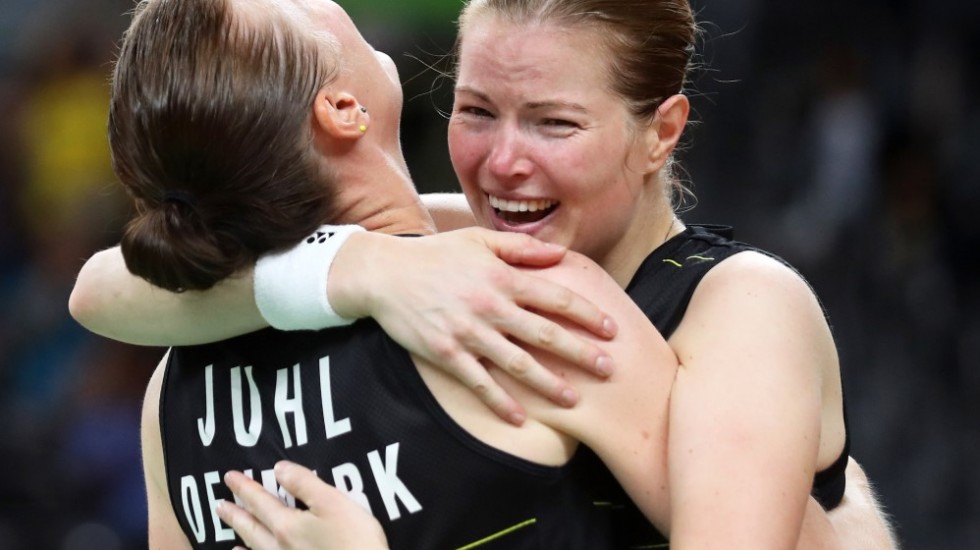
History-Making Danes Thwart China – Day 6 Session 1: Rio 2016
China’s jewel in the crown is gone!
For the first time in more than 20 years, the badminton powerhouse will not lift the Olympic Women’s Doubles title which it has won for all but the first of Olympic Games (Barcelona 1992) in which the sport has featured.
Denmark’s Christinna Pedersen and Kamilla Rytter Juhl blazed into Olympic history, becoming the first non-Asian pair in the Women’s Doubles final as they withstood the erratic Tang Yuanting/Yu Yang in today’s second semi-final. It was the first time China have been denied a place in the gold-medal match of that category.
Across the net from the Danes in the final will be the No.1 seeds, Japan’s Misaki Matsutomo/Ayaka Takahashi, who have calmly met every challenge thrown their way at Rio 2016.
China, who won all five gold medals in London 2012, had a session of mixed fortunes, with Men’s Doubles pair Chai Biao/Hong Wei joining Tang/Yu on the sidelines. However, Men’s Doubles fourth seeds Fu Haifeng and Zhang Nan made the final and have the opportunity to win their second 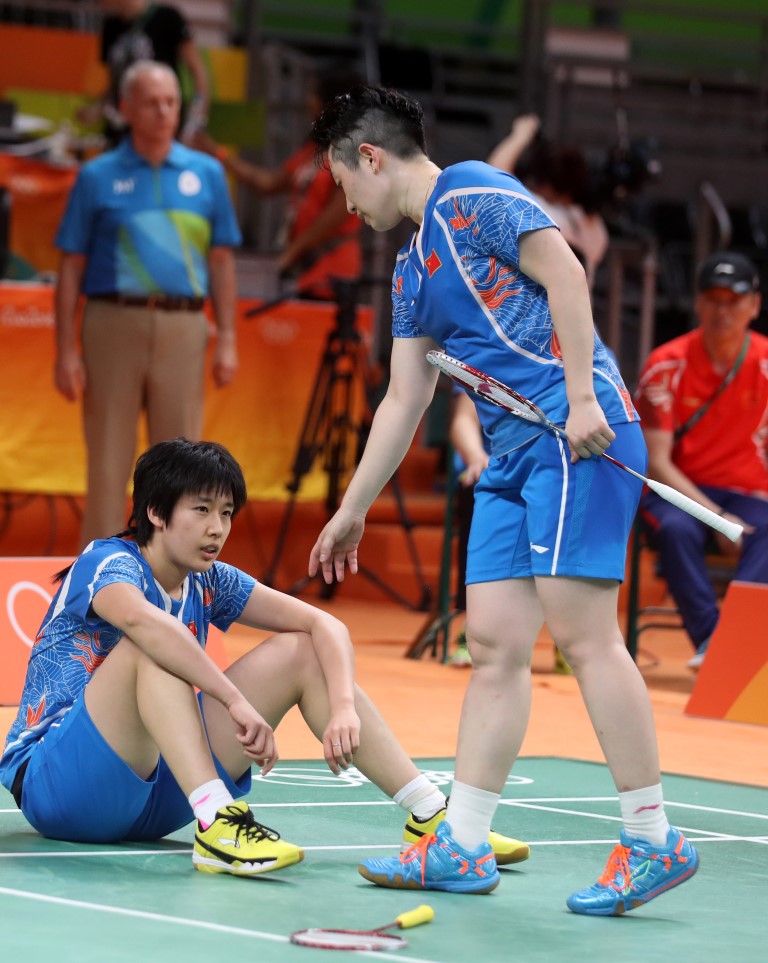 Olympic gold medals.
Olympic gold medals.
Denmark were solid throughout while Tang Yuanting and Yu Yang had jittery moments. The Danes earned a lead in the third game and kept it, giving little away as Tang showed signs of cracking under pressure. At 20-15, the Danes were all but home but the Chinese reeled off four points in a row. With everything hinging on the last point, the Danes threw themselves around as China fired smash after smash until the opening was won again and the Danes hammered the decisive winner: 21-16 14-21 21-19.
“When the Chinese were getting closer, we started getting shaky. It was brave of Tang Yuanting to let the shuttle fall on my service. There were a couple of good rallies and they were a bit lucky as well. I was still thinking about that missed service; that if we lost today we would have to play for the bronze. On the last point, Kamilla told me: ‘this is it. We have to win this point’ and we did,” declared Pedersen.
“Before the Olympics, we discussed the possibility that it might not be China this year. It’s good for badminton. China are not dominating like they did four years ago. It could’ve been any of six or seven pairs in the final – luckily, it’s us.”
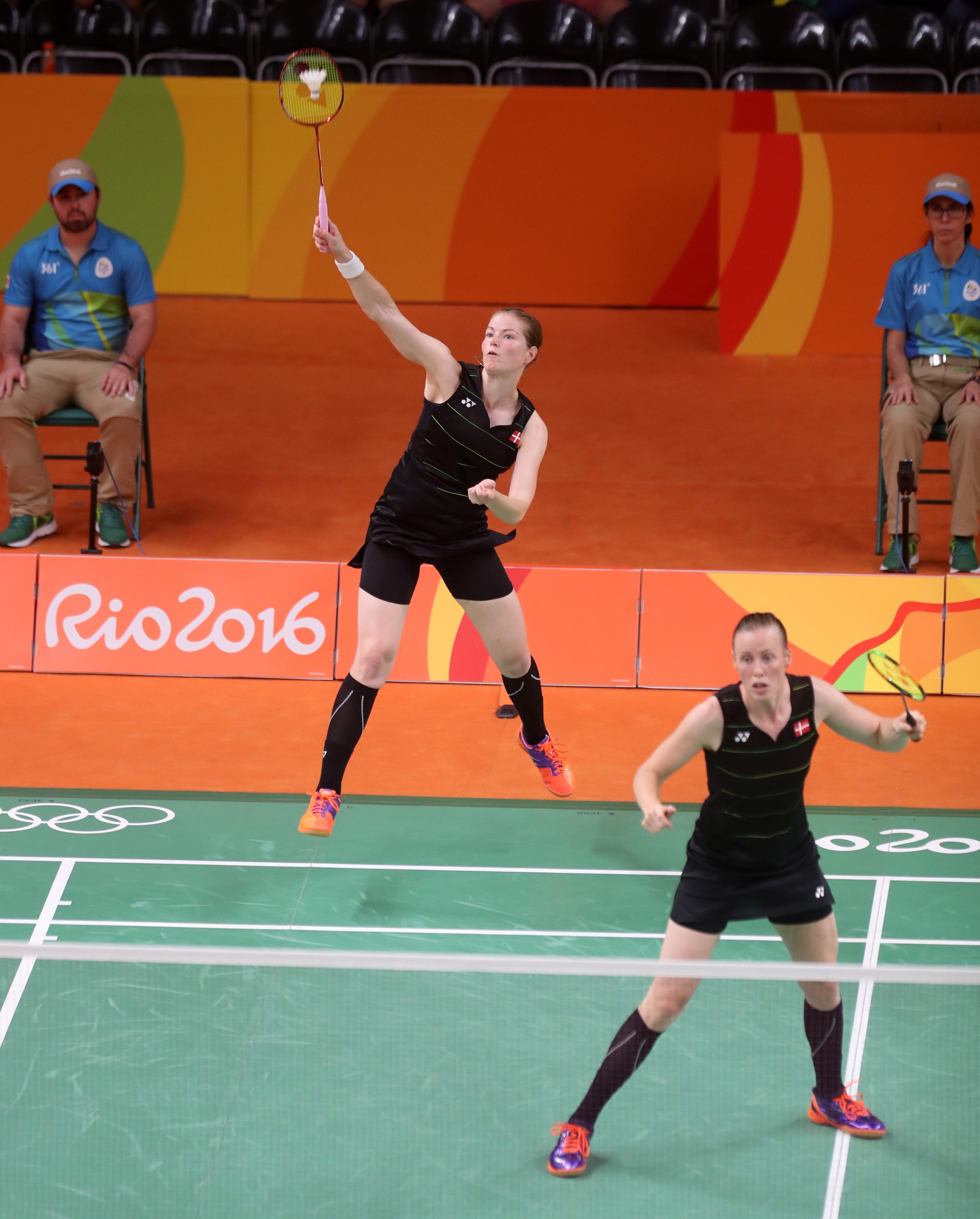
The first Women’s Doubles semi-final was a one-sided affair, with Misaki Matsutomo and Ayaka Takahashi never relinquishing their grip on the match against Korea’s Jung Kyung Eun/Shin Seung Chan.
Shin’s attack, which had driven the Koreans into the semi-finals, was largely negated as the Japanese gave her nothing to work with. The finish was quick and clinical – 21-16 21-15 to the world No.1 tandem.
“We lost to them in the Uber Cup, so we studied the match and today we got our revenge,” said Matsutomo.
“The last time we were too reactive. Today we were more aggressive and got control from the start.”
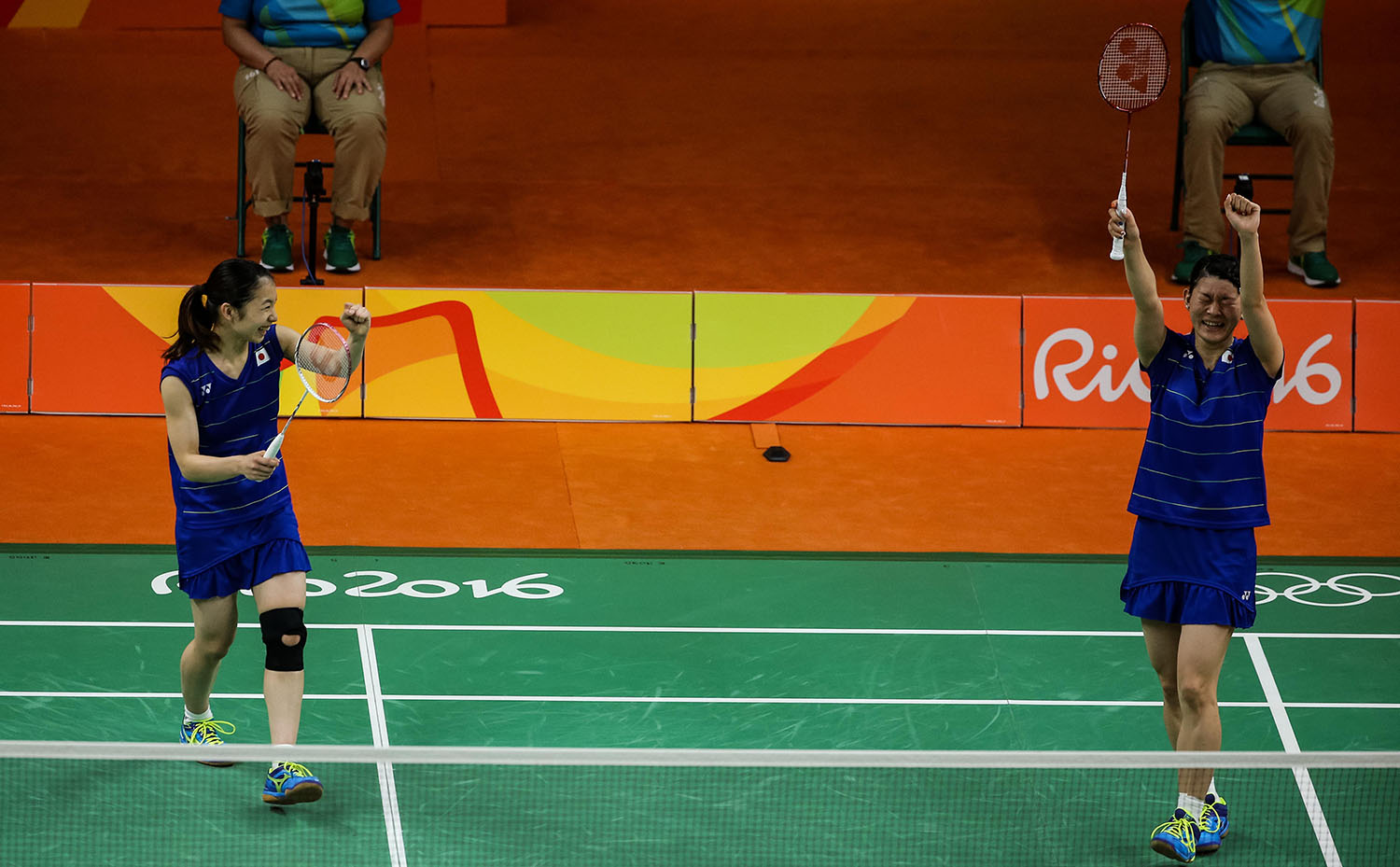
Matsutomo and Takahashi emulated their predecessors Reika Kakiiwa and Mizuki Fujii, who reached the final in London.
“Today was our best performance of the Olympics,” added Takahashi. “If we play at this level, we should be able to win the gold.”
After ensuring their presence in the Mixed Doubles final yesterday, Malaysia continued to make waves in Rio as Goh V Shem and Tan Wee Kiong 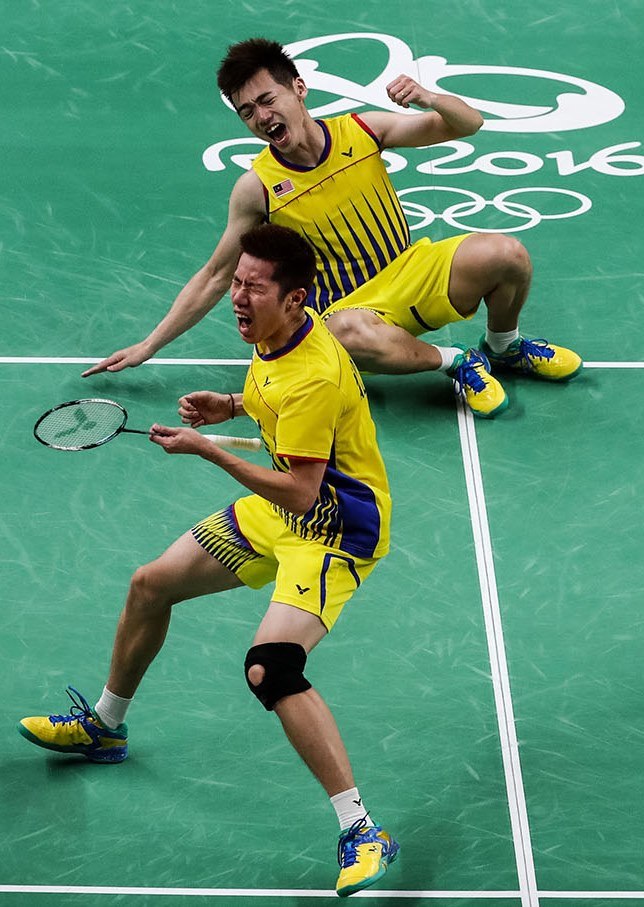 became only the second Men’s Doubles pair from their country to reach an Olympic final.
became only the second Men’s Doubles pair from their country to reach an Olympic final.
In a tense battle against Chai Biao and Hong Wei, the Malaysians breasted the tape 21-18 12-21 21-17.
There were few rallies; a rare long one went 35 strokes. Nearly the entire match consisted of short exchanges, with the serve-return situations proving critical. Chai Biao served brilliantly in the second to extract the lifts that Hong Wei thundered down without reply.
The Malaysians did well to forget the second game and built a lead in the third, gaining the ascendancy by showing better control in the forecourt. The end was anti-climactic – two tame points sealing the outcome.
“They have a lot of power and the defence of both sides is not good, that’s why there were no rallies,” said Goh.
“That’s good for us, because they’re different from Lee Yong Dae and Yoo Yeon Seong, who we beat yesterday. The four of us were so nervous, I was so tight today, I couldn’t do well, luckily my partner kept encouraging me.”
“They were too good at the net and forecourt in the second game,” said Tan. “We couldn’t get any rhythm. In the third we tried not to think too much, just to keep pushing to the back, and we got some points there and our confidence (came) back.”
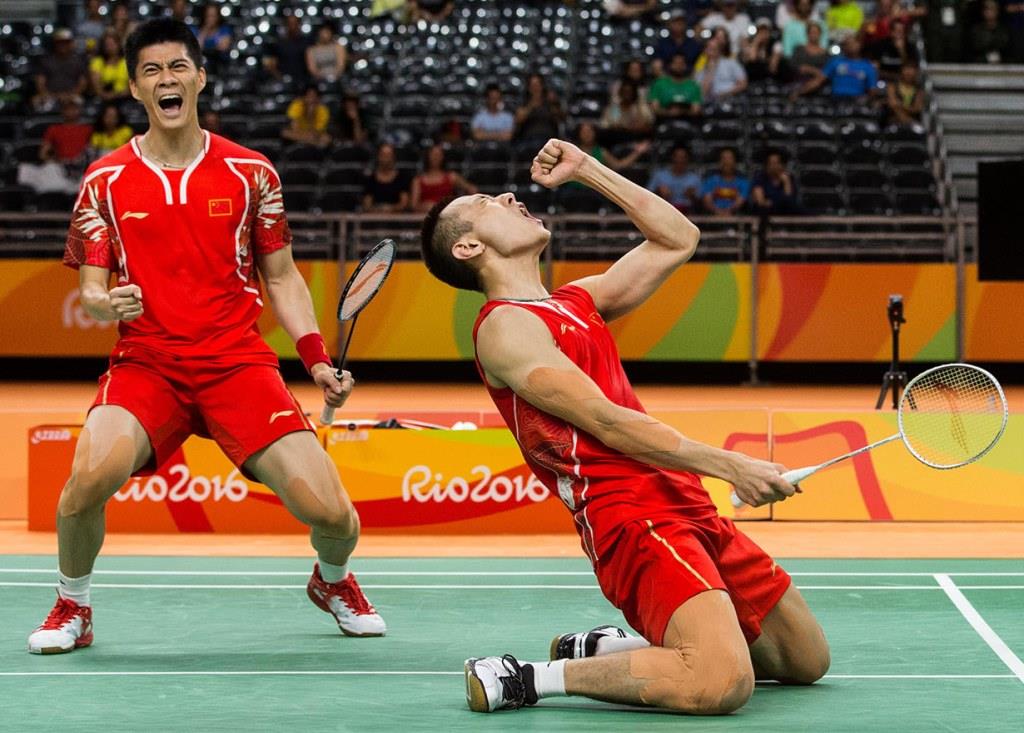
Fu/Zhang had the upper-hand for the most part against Great Britain’s Chris Langridge/Marcus Ellis. After a comfortable opening game win, the Chinese found themselves tied down by the Britons, with Langridge controlling the net well and staying apace at 17-17. They were let down by some inconsistent play at the death, however, and Fu and Zhang were too strong to let that go unpunished.
“Emotionally, it was difficult to play this match,” said Zhang, who lost the Mixed Doubles semi-finals yesterday with Zhao Yunlei.
“I was so disappointed, but I managed to put that aside. I know I have a chance of winning my second Olympic gold medal. I will give it my best shot.”
Olympic and Paralympic News

Zhang & Wang: Stars With Different Legacies 4 June 2023
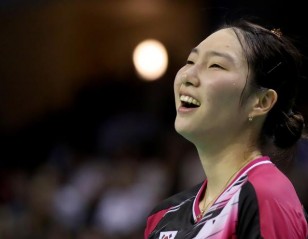
Sung Energised by Recent Successes 1 March 2017
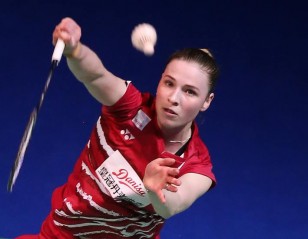
Line Kjaersfeldt Targets GPG Success 20 February 2017
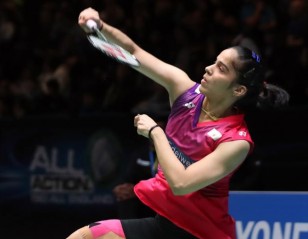
Saina Nehwal: ‘I Feel Lighter On Court’ 20 January 2017
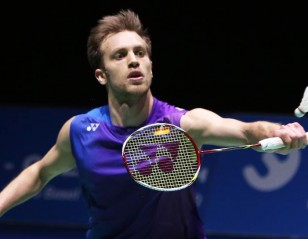
Zwiebler Hungry Despite Setbacks 18 January 2017
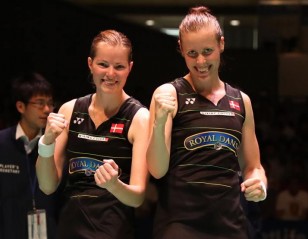
Danish Duo Relish Rio Memories 17 January 2017
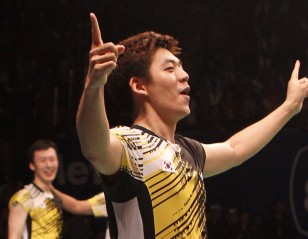
Men’s Doubles – 2016 in Review 27 December 2016
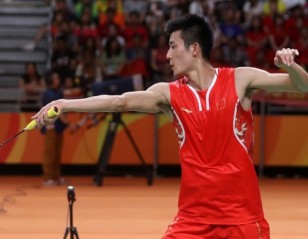
Badminton Leads China Ratings 1 September 2016
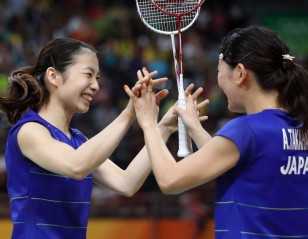
Badminton on Olympic Channel 30 August 2016
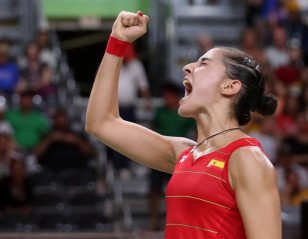
European Resurgence in Rio 26 August 2016
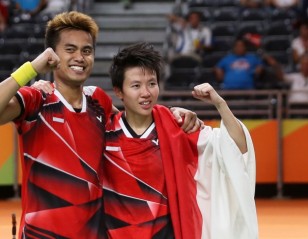
Bouncing Back in Style 25 August 2016
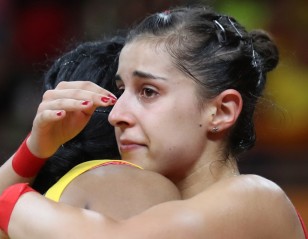
A Revolution in Rio 21 August 2016
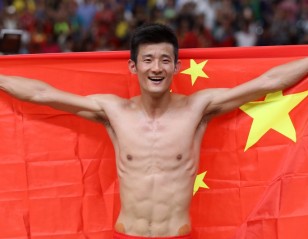
Lee’s ‘Long’ Suffering Continues – Men’s Singles Final: Rio 2016 20 August 2016
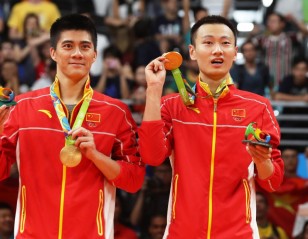
Serves – Malaysia, Wrong! – Men’s Doubles Final: Rio 2016 19 August 2016
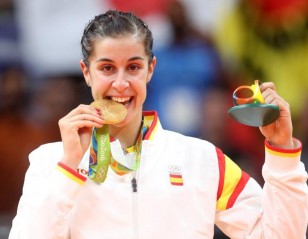
Latina Carolina Reigns! – Women’s Singles Final: Rio 2016 19 August 2016
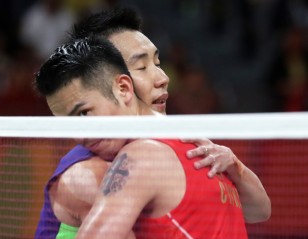
Lin Dan Dethroned – Men’s Singles Semi-finals: Rio 2016 19 August 2016
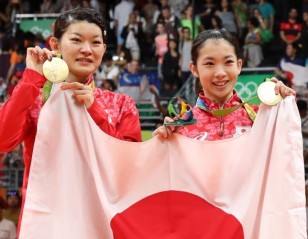
Golden First for Japan – Day 8 – Women’s Doubles Final: Rio... 18 August 2016
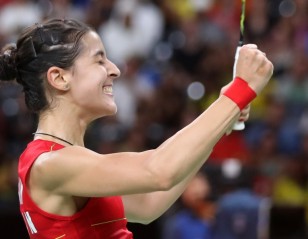
Marin-Sindhu Battle for History – Women’s Singles Semi-finals: Rio 2016 18 August 2016
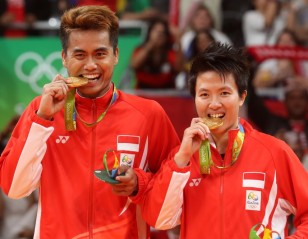
Golden Day for Indonesia – Mixed Doubles Final: Rio 2016 17 August 2016
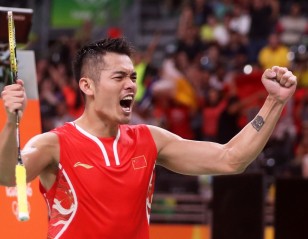
Lin Survives; Lee Cruises – Day 7 – Men’s Singles Quarter-Finals: Rio... 17 August 2016
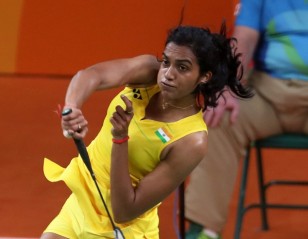
Sindhu Sizzles into Semis – Day 6 Session 2: Rio 2016 17 August 2016
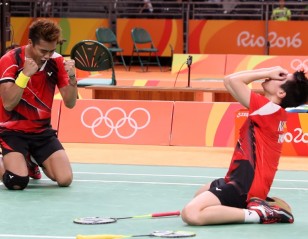
China’s Doubles Giants Humbled – Day 5 Session 2: Rio 2016 15 August 2016
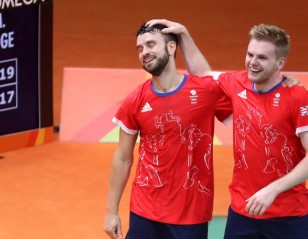
Fu/Zhang Ride Out Storm – Day 5 Session 1: Rio 2016 15 August 2016
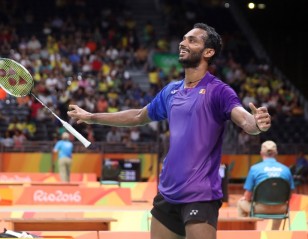
Jorgensen Chugs On – Day 4 Session 2: Rio 2016 15 August 2016

Quarter-Finals Drawing Attention – Rio 2016 15 August 2016
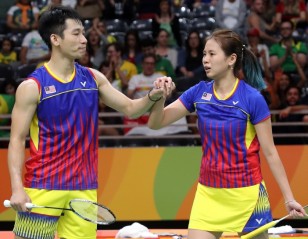
Chan/Goh in Semi-finals – Day 4 Session 3: Rio 2016 14 August 2016
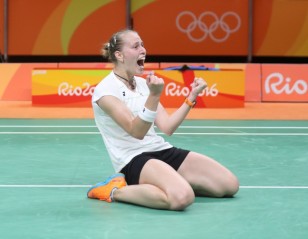
Nehwal Falls to Ulitina – Day 4 Session 1: Rio 2016 14 August 2016
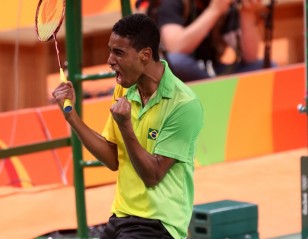
Brazil Badminton Grabs Spotlight 14 August 2016
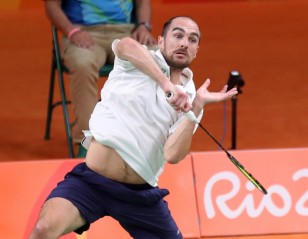
Evans Shakes Off Oliveira – Day 3 Session 3: Rio 2016 13 August 2016
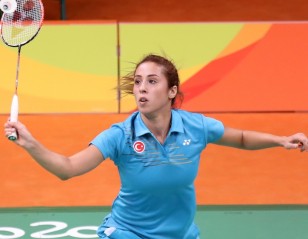
Ellis/Langridge Through – Day 3 Session 2: Rio 2016 13 August 2016
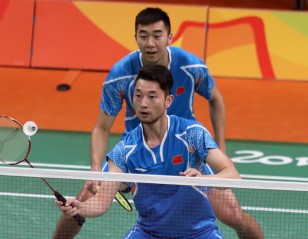
World Champs Out – Day 3 Session 1: Rio 2016 13 August 2016
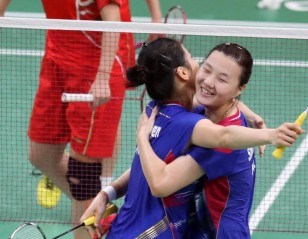
Koreans Double Their Account – Day 2 Session 3: Rio 2016 12 August 2016
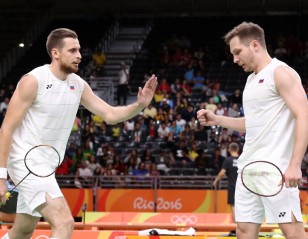
Ivanov/Sozonov in Quarters – Day 2 Session 2: Rio 2016 12 August 2016
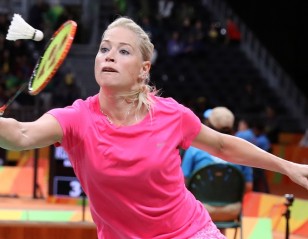
Mixed Doubles Drama in Group B – Day 2 Session 1: Rio... 12 August 2016
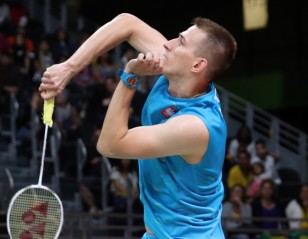
Cordon Falls to Dziolko – Day 1 Session 3: Rio 2016 12 August 2016
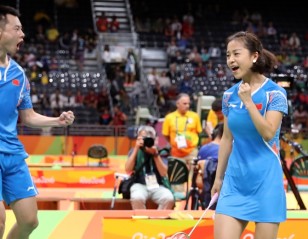
Xu/Ma Stage Escape – Day 1 Session 2: Rio 2016 12 August 2016
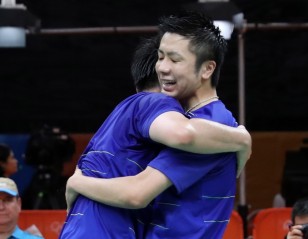
Endo/Hayakawa Clinch Thriller: Day 1 Session 1 – Rio 2016 12 August 2016
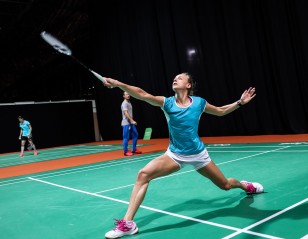
Double Duty in Rio! 11 August 2016
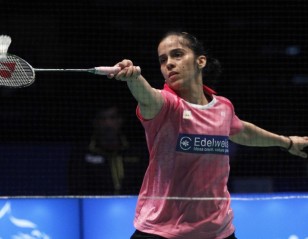
Top Guns Ready to Fire 11 August 2016
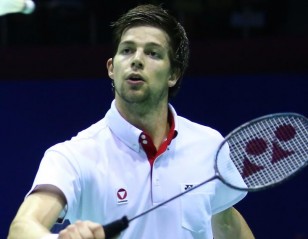
Under No Illusions 10 August 2016
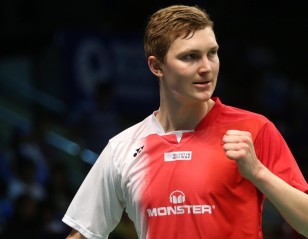
Danes Hope to Capitalise on Strong Season 10 August 2016
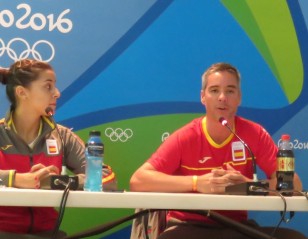
A New Carolina, Says Rivas 9 August 2016
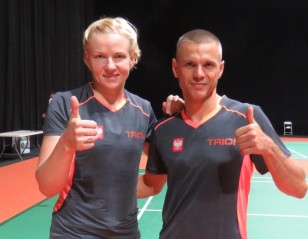
Fifth Olympic Salvo for Mateusiak 8 August 2016
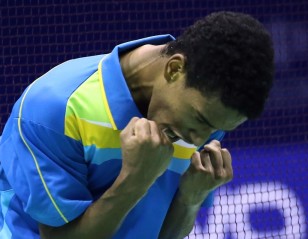
Savouring the Olympic Flavour 6 August 2016
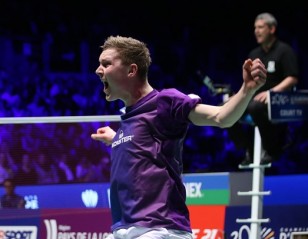
Singles Preview: The Promise of Epic Battles 6 August 2016
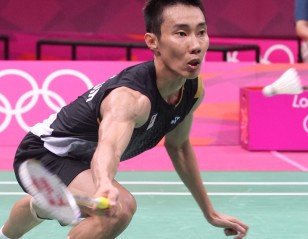
A First for Flag-Bearer Lee 4 August 2016
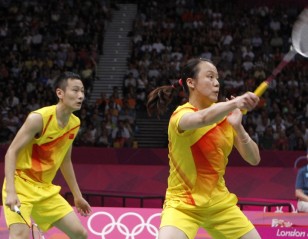
Zhang/Zhao the Opening Act 3 August 2016
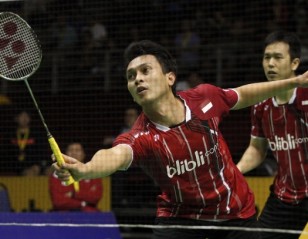
Doubles Preview: Group Surprises Lurk for the Unwary 1 August 2016
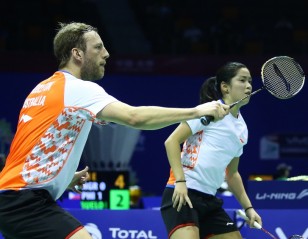
Rio Countdown: Aussies Living a Dream 29 July 2016
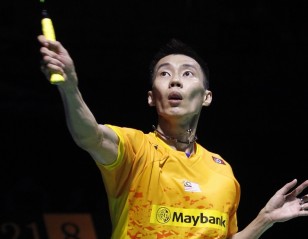
‘One Match at a Time’ 28 July 2016
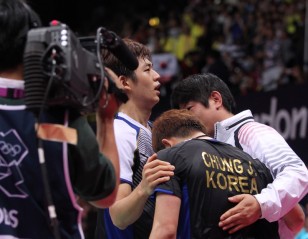
Olympic Channel Launch on August 21 28 July 2016

Rio Countdown: Ygor Oliveira’s Samba Secret 28 July 2016
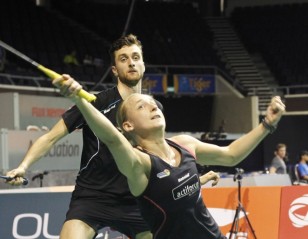
Rio Countdown: Dutch Duo Seek to Re-create Magic 27 July 2016
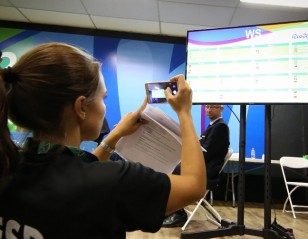
Contenders Brace for Hard Battles 27 July 2016
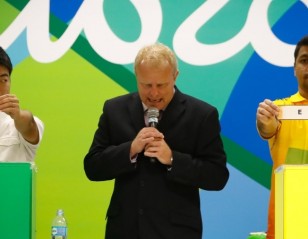
Possible Lee-Lin ‘Semis’ Showdown 27 July 2016
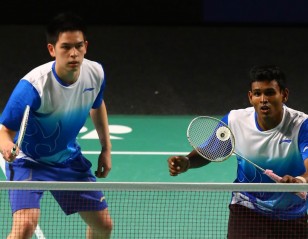
Rio Countdown: Australian Duo Look to Make Impact 26 July 2016
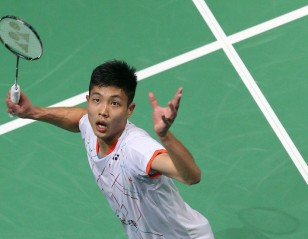
Rio Countdown: Chou Riding High on Confidence 25 July 2016

Mechanics of the Olympic Draw 22 July 2016
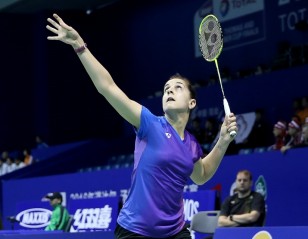
Lee, Marin Lead Seedings 21 July 2016
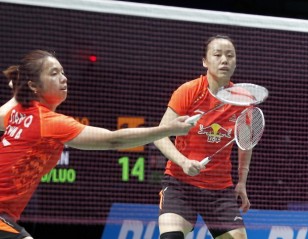
No Rio Repeat for Olympic Champs 19 July 2016

BWF Launches Olympic Website 11 July 2016
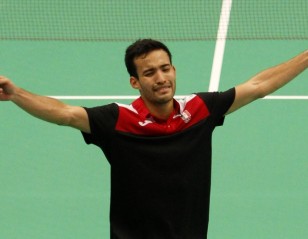
Mexico Completes Olympic List 5 July 2016

Australia Make Rio Picks 10 June 2016
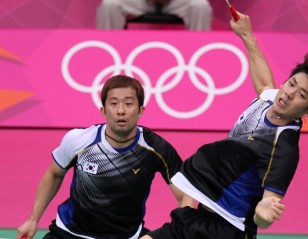
Badminton to Feature in Olympic Channel Programming 7 June 2016
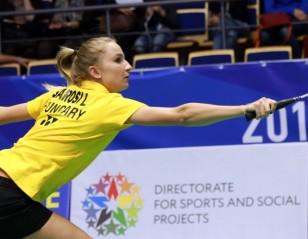
Trio Get Rio 2016 Tripartite Places 25 May 2016
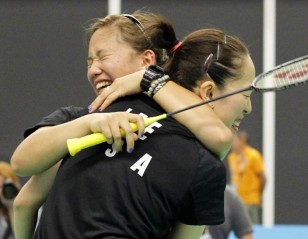
Provisional List of Olympic Qualifiers Published 5 May 2016
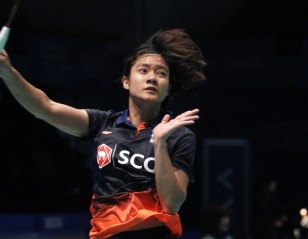
Continental Championships: The Home Stretch to Rio Begins 24 April 2016
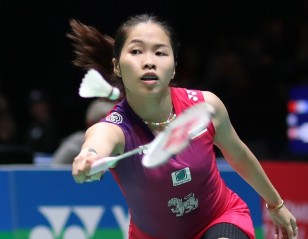
Calmer, Tougher Intanon Believes She Can Get Better 19 April 2016
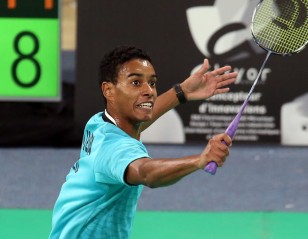
Ygor Oliveira’s Samba Secret 8 April 2016
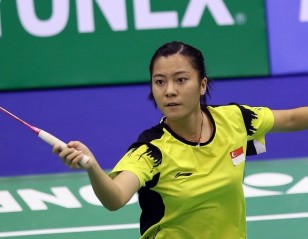
Liang Xiaoyu Sniffs Olympics Chance 15 March 2016
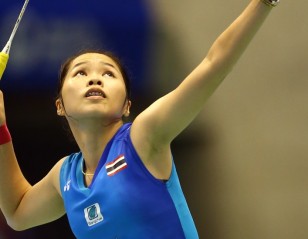
Intanon Ready for Battles Ahead 2 March 2016
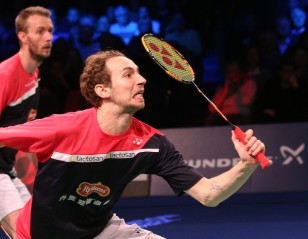
Race to Rio: Close Call for Doubles Contenders 18 January 2016
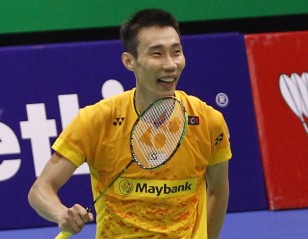
Race to Rio: Chen Leads, Lee Close Behind 14 January 2016
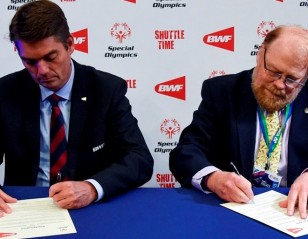
Special Olympics Embrace BWF Shuttle Time 26 October 2015

Høyer: Innovation and Integrity Key Ingredients 16 May 2015
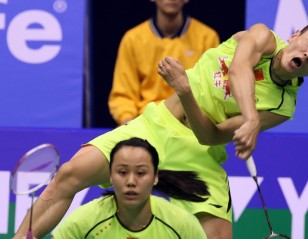
Rio 2016: The Race Begins 4 May 2015



















